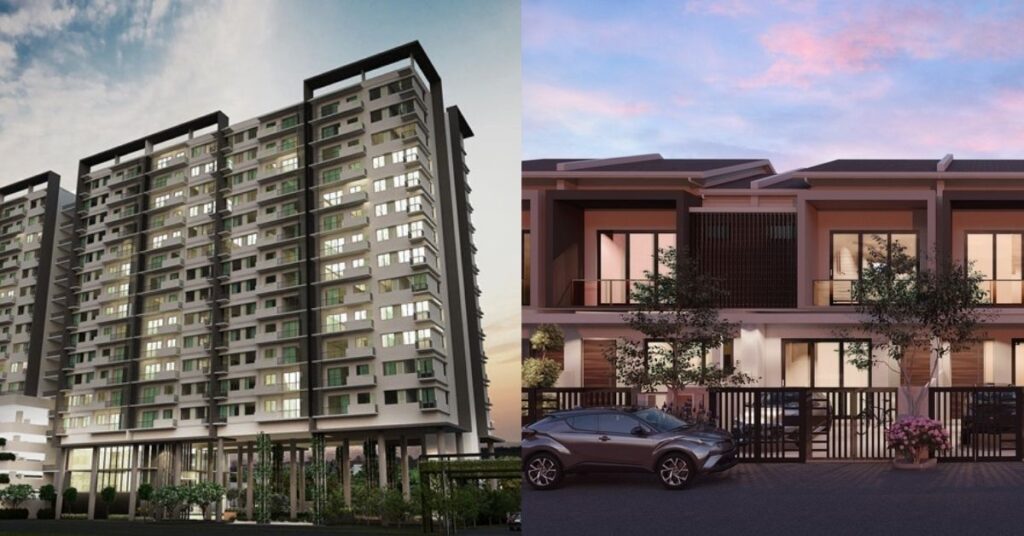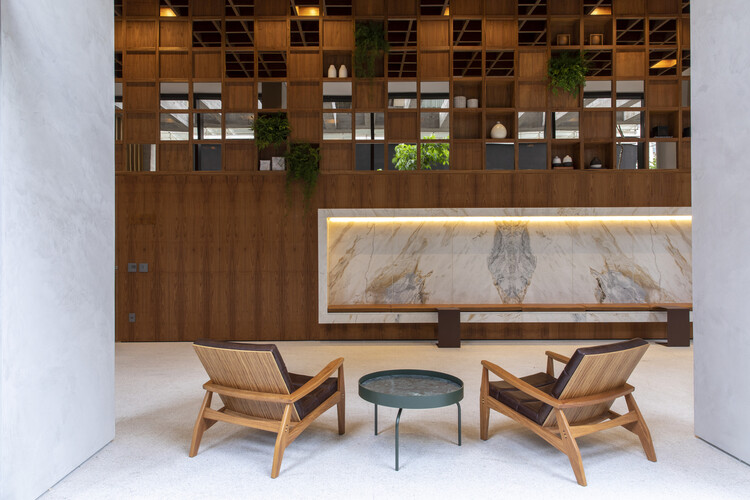The property development industry in Malaysia has seen steady growth over the past few decades, becoming a key driver of the country’s economy. With rapid urbanization, a rising population, and increased foreign investment, property developers have been instrumental in shaping Malaysia’s skyline and expanding its real estate market. From residential to commercial projects, property developers are meeting the growing demand for modern living spaces and business infrastructure. The sector’s growth reflects not only local demand but also Malaysia’s position as an attractive destination for foreign buyers and investors seeking a stake in Southeast Asia’s dynamic economy.
One of the main factors fueling the growth of property development in Malaysia is the government’s proactive approach to urban planning and infrastructure investment. Initiatives like the Malaysia My Second Home (MM2H) program, which encourages foreign nationals to buy property in Malaysia, have attracted investors and expatriates, increasing the demand for new housing projects. Additionally, large-scale infrastructure projects such as the Mass Rapid Transit (MRT) system have improved connectivity in urban centers, making once-distant locations more accessible and boosting property values. Developers are capitalizing on this by launching residential projects near major transportation hubs, offering convenience to homebuyers and businesses alike.
The residential property market remains one of the strongest segments in Malaysia’s property development landscape. With a growing middle class and a young population looking for affordable housing, developers have focused on building residential properties that cater to first-time homebuyers and young families. Affordable housing projects are a major focus, especially in urban areas like Kuala Lumpur and Penang, where housing prices have traditionally been high. To accommodate the needs of these buyers, developers are creating modern, compact living spaces with essential amenities like parks, schools, and shopping centers nearby, providing convenience without sacrificing quality.

In addition to affordable housing, there has been a surge in demand for high-end residential properties, new prop in kl. Luxury condominiums, serviced apartments, and gated communities have become increasingly popular among wealthy locals and foreign buyers. Property developers in Malaysia are responding to this demand by offering exclusive residences that feature state-of-the-art designs, smart home technologies, and premium amenities like rooftop pools, fitness centers, and concierge services. These high-end developments are often situated in prime locations, such as the city center or near major business districts, attracting buyers who are looking for both prestige and convenience.
The commercial property sector is also a major area of focus for property developers in Malaysia. As the economy continues to grow and more businesses set up operations in the country, the need for office spaces, retail centers, and industrial parks has risen. Developers have been quick to recognize this demand, leading to the construction of large-scale commercial projects across Malaysia. Key commercial hubs like Kuala Lumpur, Johor Bahru, and Penang have witnessed a boom in mixed-use developments, which combine office, retail, and residential spaces in one integrated complex. This trend has created vibrant business districts that attract multinational companies, start-ups, and entrepreneurs looking for modern, flexible workspaces.
Looking ahead, the future of property development in Malaysia will likely be shaped by sustainability and technological advancements. As environmental awareness grows, property developers are focusing more on green building practices, incorporating energy-efficient technologies and sustainable materials into their projects. Smart buildings equipped with automation systems and eco-friendly designs are becoming more common, appealing to buyers who are conscious of their environmental impact. Additionally, with the increasing integration of technology into daily life, developers are exploring ways to incorporate smart home features, such as automated lighting, temperature control, and security systems, into their residential projects. These innovations are expected to redefine the property market in Malaysia, providing more sustainable and technologically advanced living spaces for the future.
In conclusion, property developers in Malaysia play a vital role in shaping the country’s real estate market and its urban landscape. With a focus on both residential and commercial projects, developers are meeting the growing demand for housing and business spaces in Malaysia’s rapidly urbanizing cities. As the country continues to attract foreign investors and locals alike, the property development industry will continue to expand, driven by government initiatives, infrastructure investments, and evolving consumer preferences. As sustainability and technology take center stage, the industry is poised for further innovation, ensuring that Malaysia remains a key player in the global property market.
